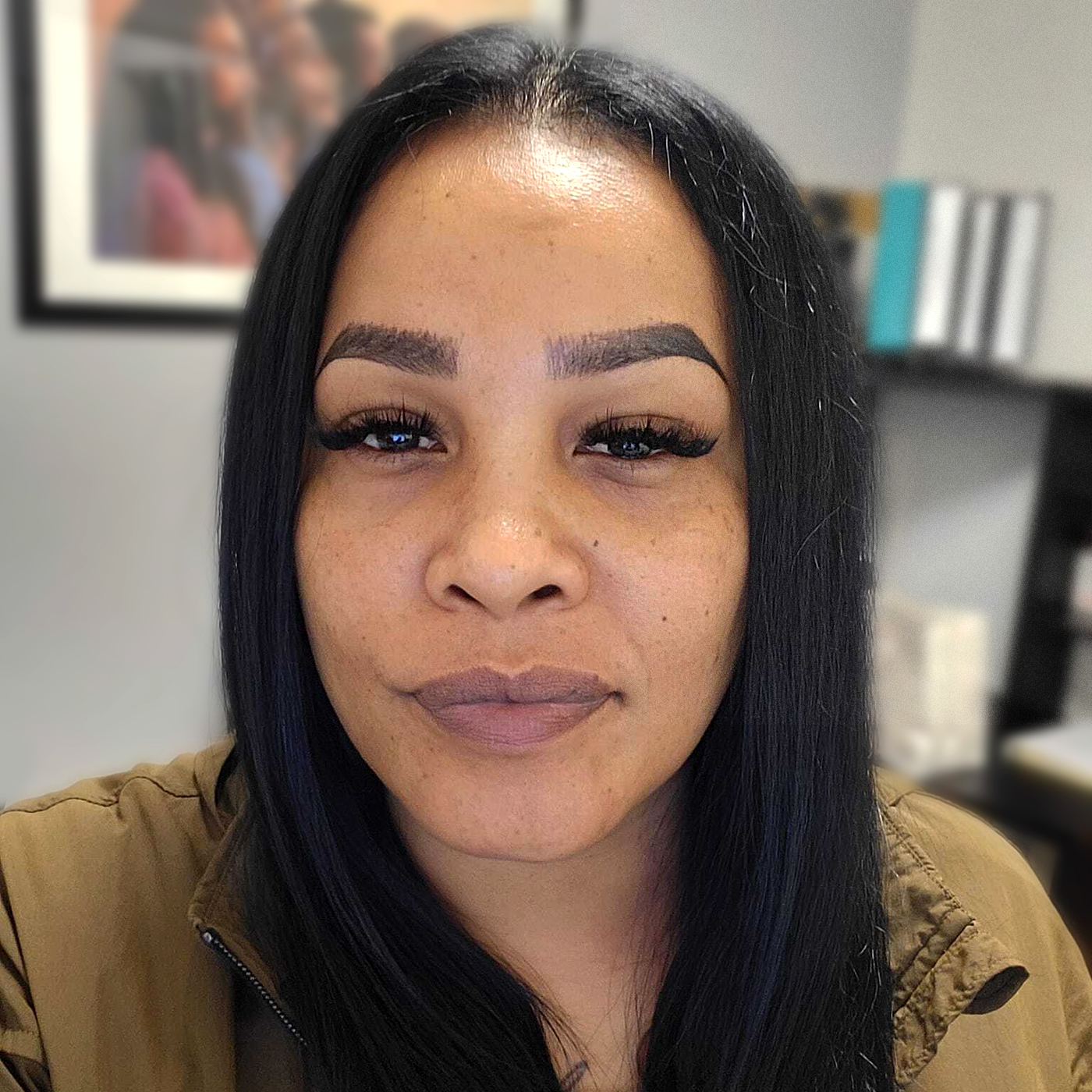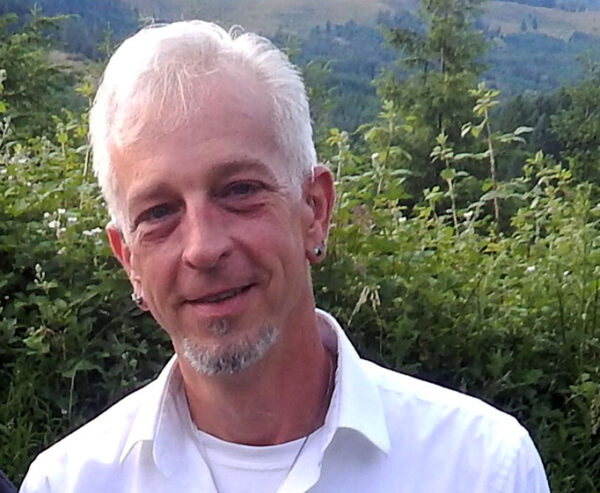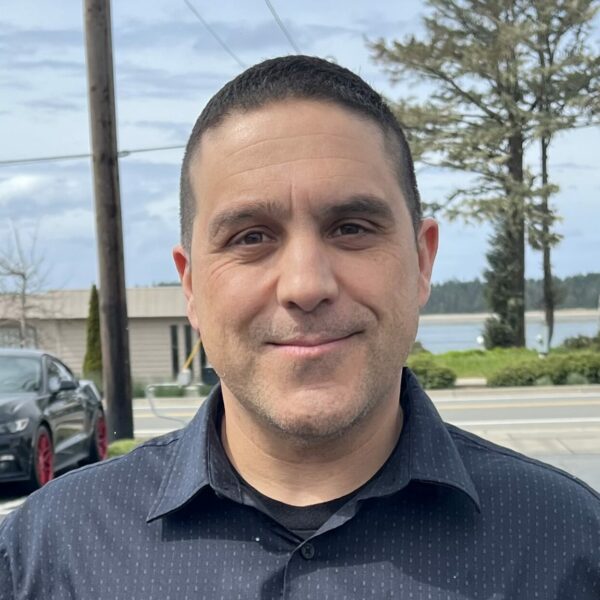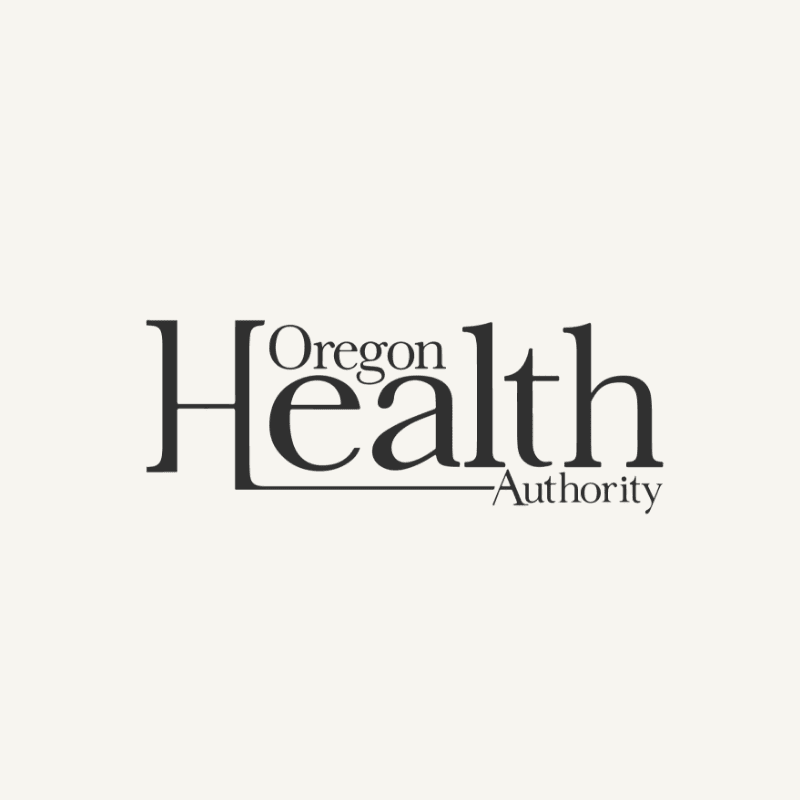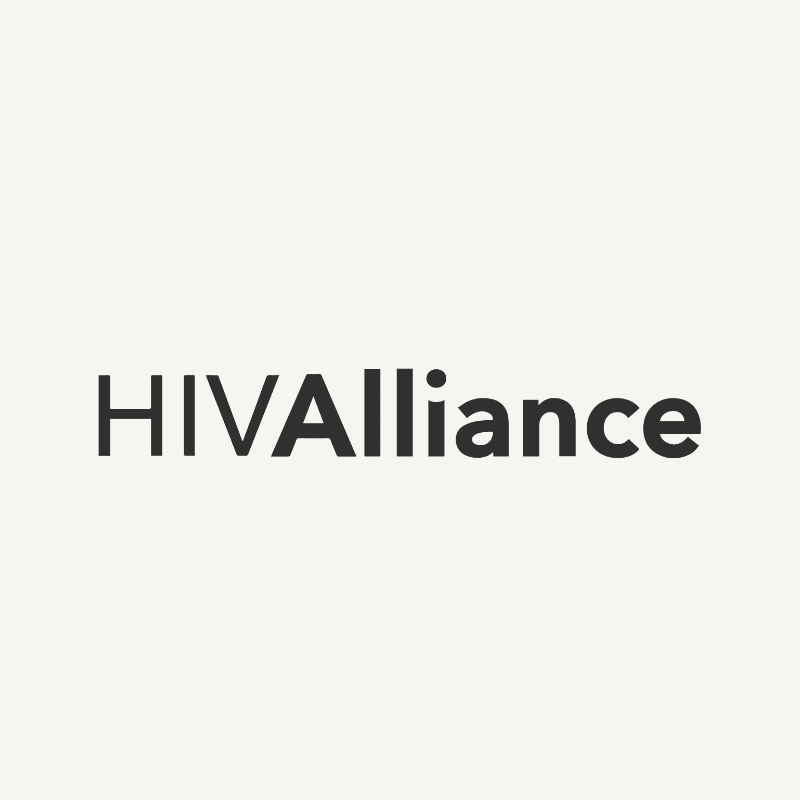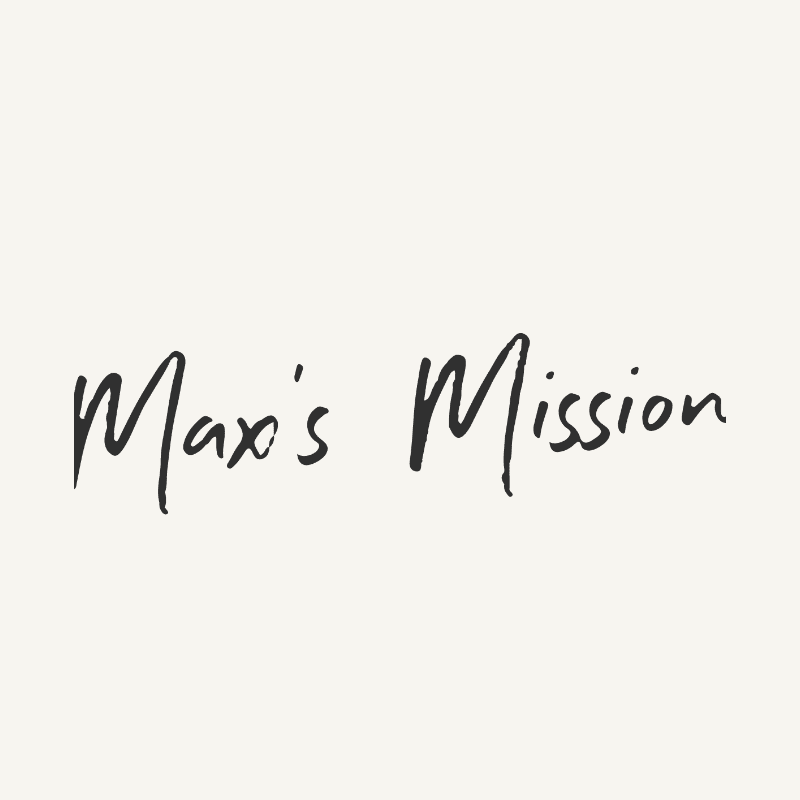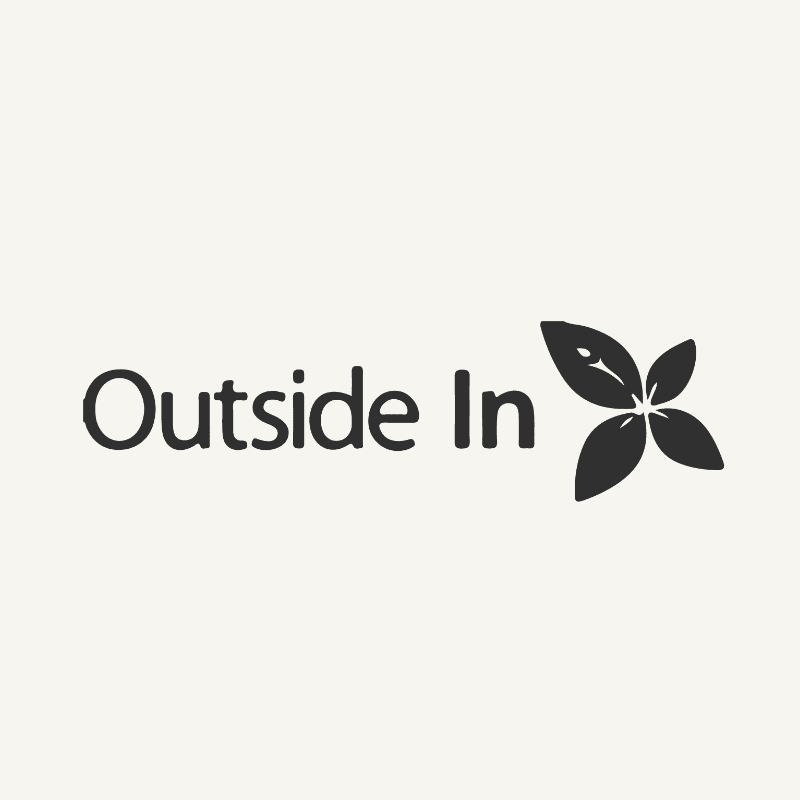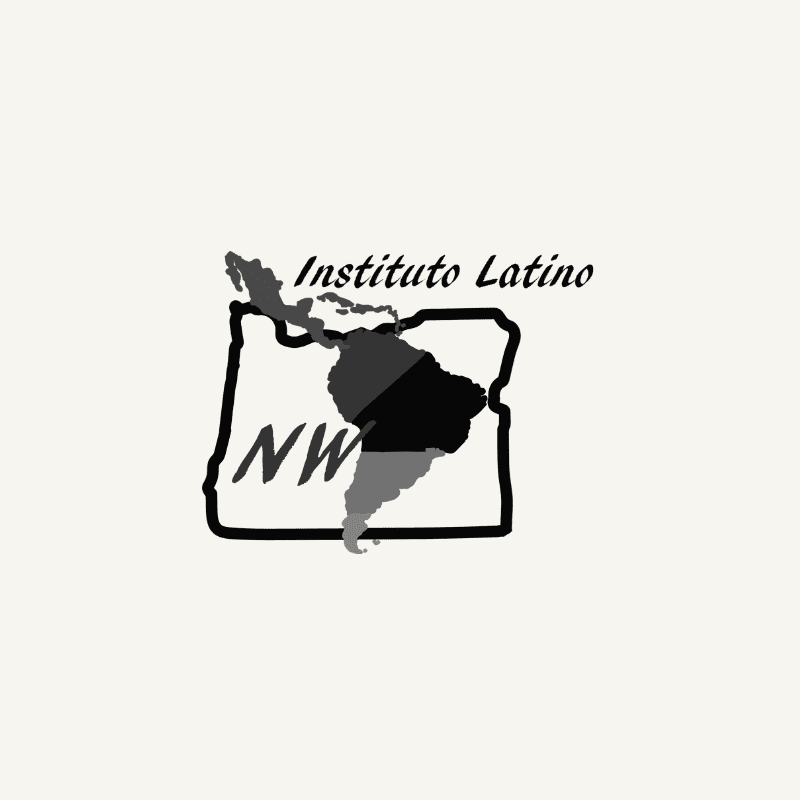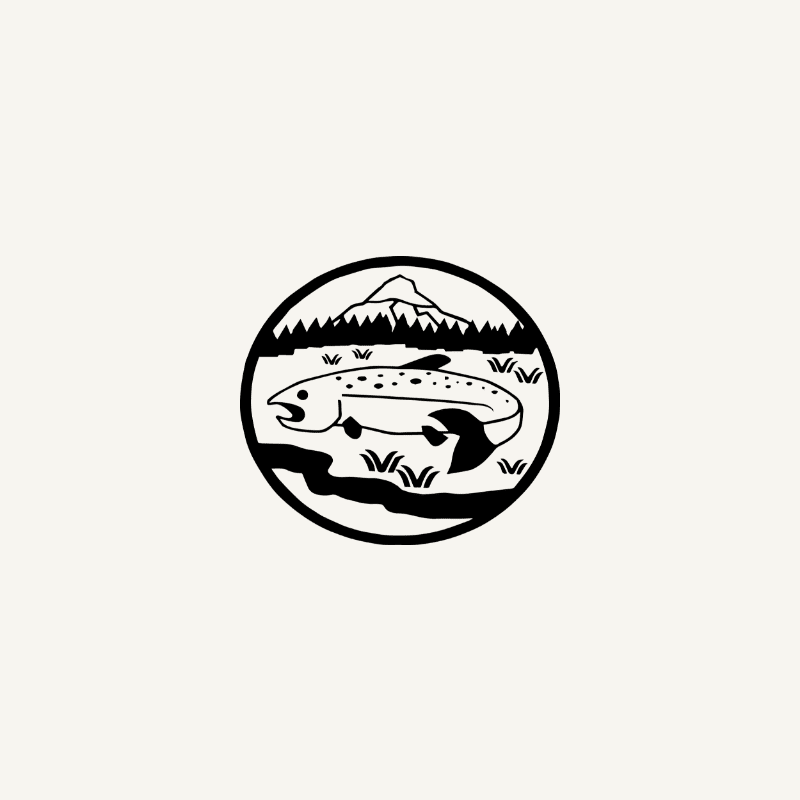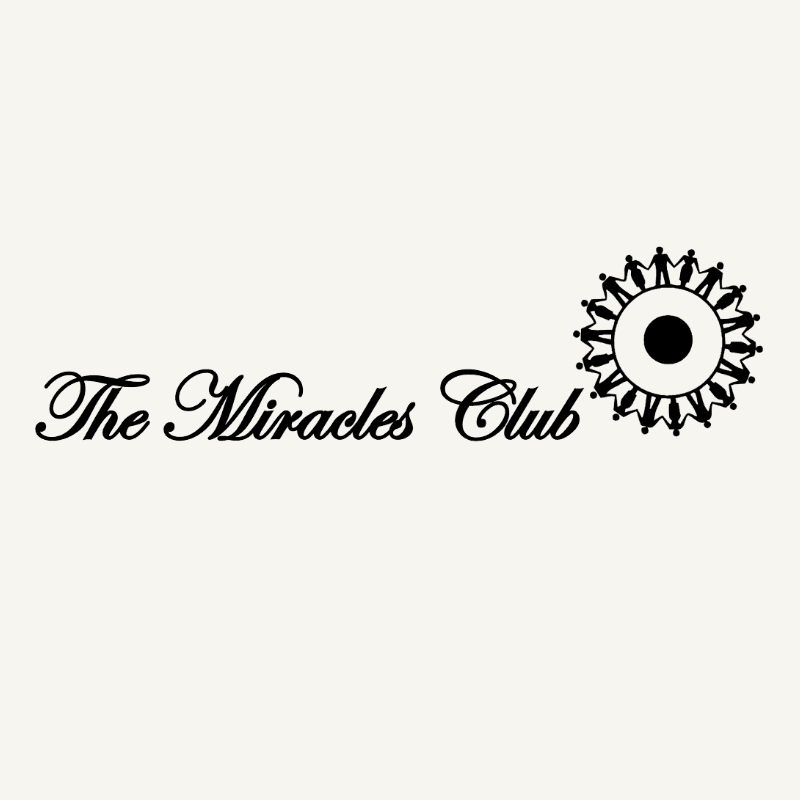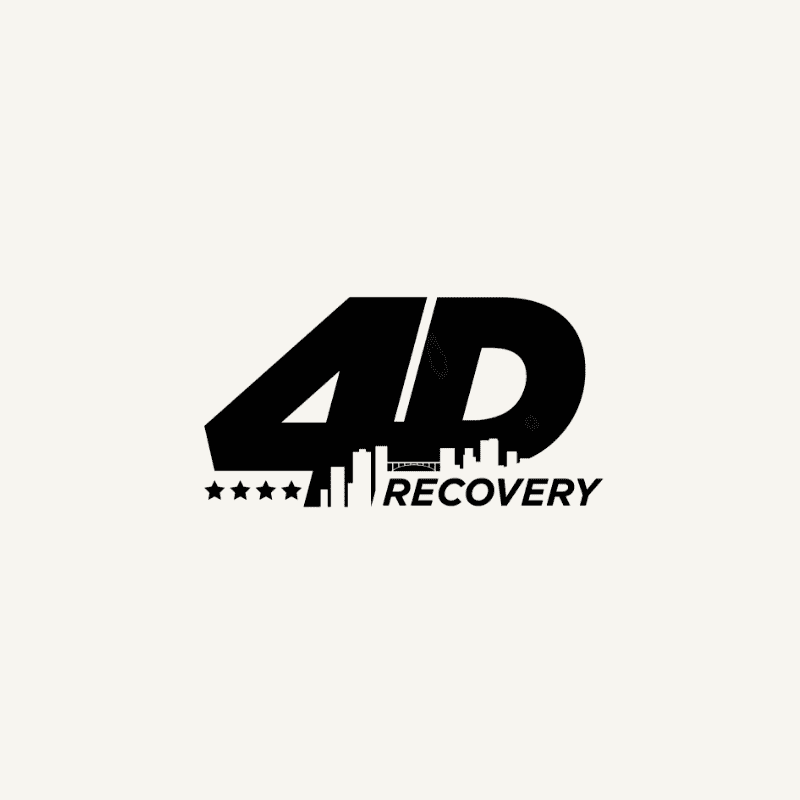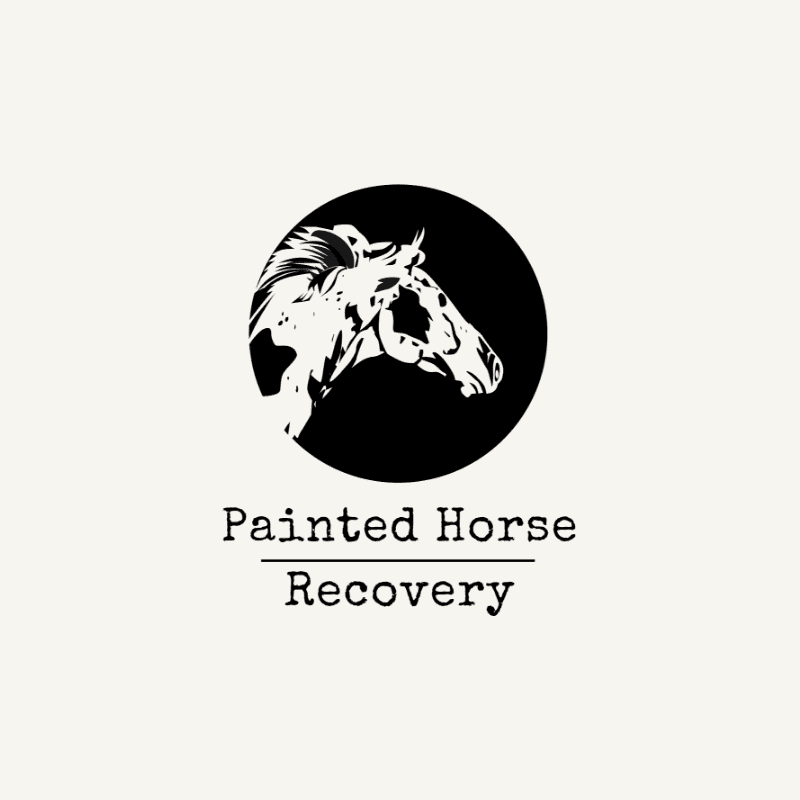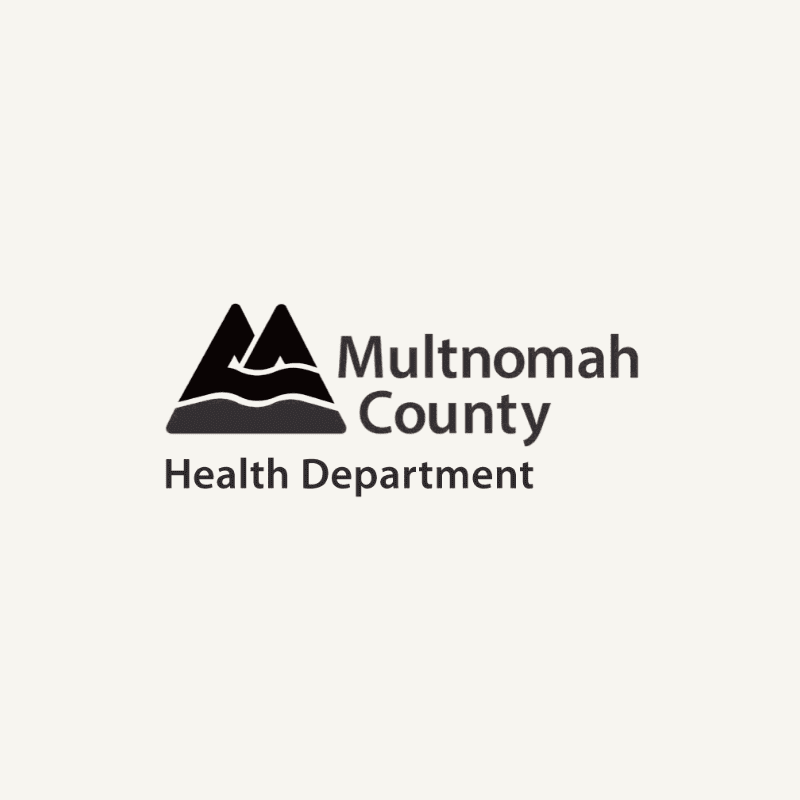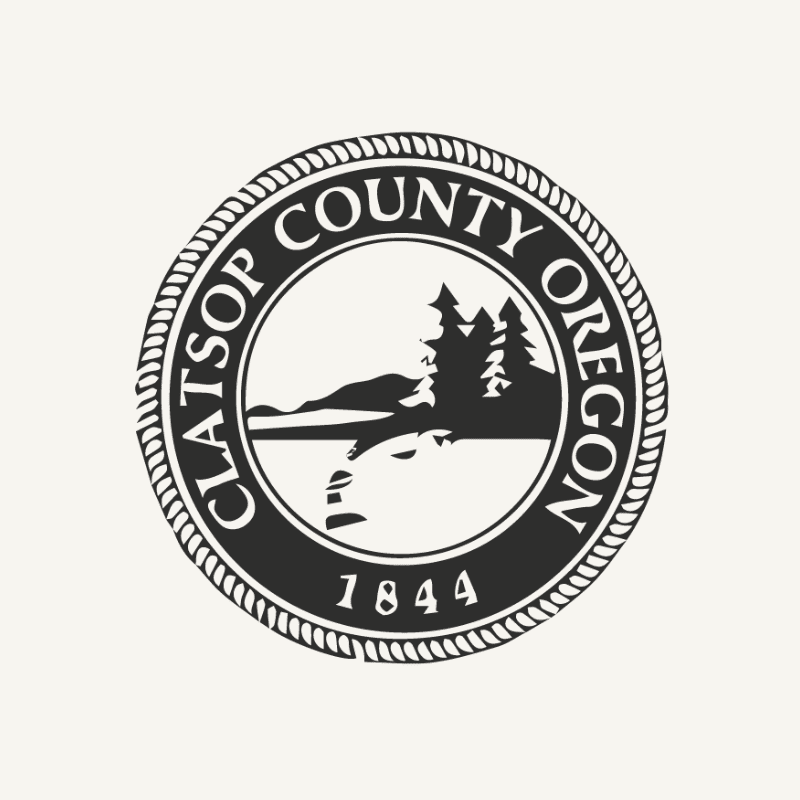At The Miracles Club, “miracle” isn’t just in the name—it’s what they strive to achieve every day. The Miracles Club is a peer-led recovery center in Portland providing culturally-specific harm reduction and recovery services to Black and African American people and all people experiencing oppression.
O’Nesha Cochran is senior director of outreach and development at The Miracles Club—where she first found recovery herself.
“I got into this field organically because I was a person who needed recovery,” said O’Nesha.
“I started using drugs at the age of 13 years old. I was living on the streets and using hard drugs ultimately led me to prison.”
O’Nesha spent 15 years in prison, getting out for the final time at 35 years old. Her experiences with the cycles of substance use, housing insecurity and incarceration have given her the first hand knowledge to see how the system fails to adequately support people struggling with substance use disorder—particularly those who are Black, Indigenous, and people of color.
“When I look back at my life from the age of 13 to when I got out of prison at 35, I was never offered treatment. Nobody in the judicial system ever acknowledged the fact that I was a drug addict—so I really want to challenge that standard model of prison and reentry with no support.”
After the final time she was released from prison, she decided to seek treatment for substance use disorder. But the treatment centers that she went to weren’t able to support her due to a lack of cultural understanding.
“I went to three different treatment centers but at each one, I got kicked out because of my attitude. My experiences with prison and living on the street from a young age came out in the way I talked, the way I treated myself and the way I treated others. So, needless to say, I wasn’t successful in any of the treatment centers. It wasn’t because those people in the treatment centers didn’t love or care about another addict. But there was a cultural disconnect. They didn’t understand what it’s like to come from a hardcore street life as a Black person—I’m mixed race, Afro-Indigenous. I felt hopeless because for the first time I wanted to stay sober, but I couldn’t because it seemed like nobody could handle me. And then I found The Miracles Club.”
For O’Nesha, The Miracles Club was different—and it made all the difference to be surrounded by people who understood what she’d been through and showed her a path to healing.
“I remember going to recovery meetings and the women there seemed so different from me on first look. They had on jewelry and drove nice cars—I didn’t believe any of them had been where I’ve been. I remember being upset with all of them and cussing them all out. Instead of kicking me out, those women wrapped their arms around me with love. They weren’t scared of me. They understood and they helped me in every single way from getting housing, getting clean clothes to finding a job and helping my girlfriend get clean, too.”
After a year of recovery, O’Nesha began to reflect on her experiences with other treatment programs up to that point and saw the need for more people like her to get into the recovery field to help others.
“I went through this phase where I was really angry at the system and angry that I was kicked out of the first programs I went to. Like how are you supposed to get the pro-social skills to be successful in those programs when you’ve spent your life on the streets and in prison where your survival depends on staying tough? I would complain about it in the recovery meetings. One day this lady came up to me and she said, there’s two types of people in life: those that complain and those that make a difference. That was really wild for me to hear that because who am I to fix anything? But she got me to take it seriously and so I went to school, I got my degree and I went on to Portland State University for social work. Remembering how I was treated, and wanting to change that experience for someone else, that’s what made me passionate about this work.”
When she was offered a job at The Miracles Club, it was the perfect fit.
“I got offered a position here at The Miracles Club, where I found my freedom and so it’s come full circle. I’m so honored to be in a position to help peers who are exactly where I used to be.”
The programming that The Miracles Club offers runs the spectrum of harm reduction services, peer to peer recovery counseling, medication assisted treatment, sober housing programs, financial assistance, wellness programs like acupuncture and more. They are also founding partners the of Save Lives Oregon initiative and receive supplies through the initiative’s Harm Reduction Clearinghouse.
“We believe in harm reduction, which is about radical acceptance of people at all stages of their journey and supporting their wellness no matter what. We see them without judgment. We give them food, clean needles, bus tickets, $25 gift cards, a tent, and brand new clothes. We give out quality resources to show our people: we love you and you matter. It’s all about giving people who are using drugs the resources they need to help them survive another day. Then when they’re ready to do something different, they know where to find us.”
The Miracles Club’s programs are designed by and for Black, Indigenous, and people of color and people who have been previously incarcerated or experienced homelessness.
